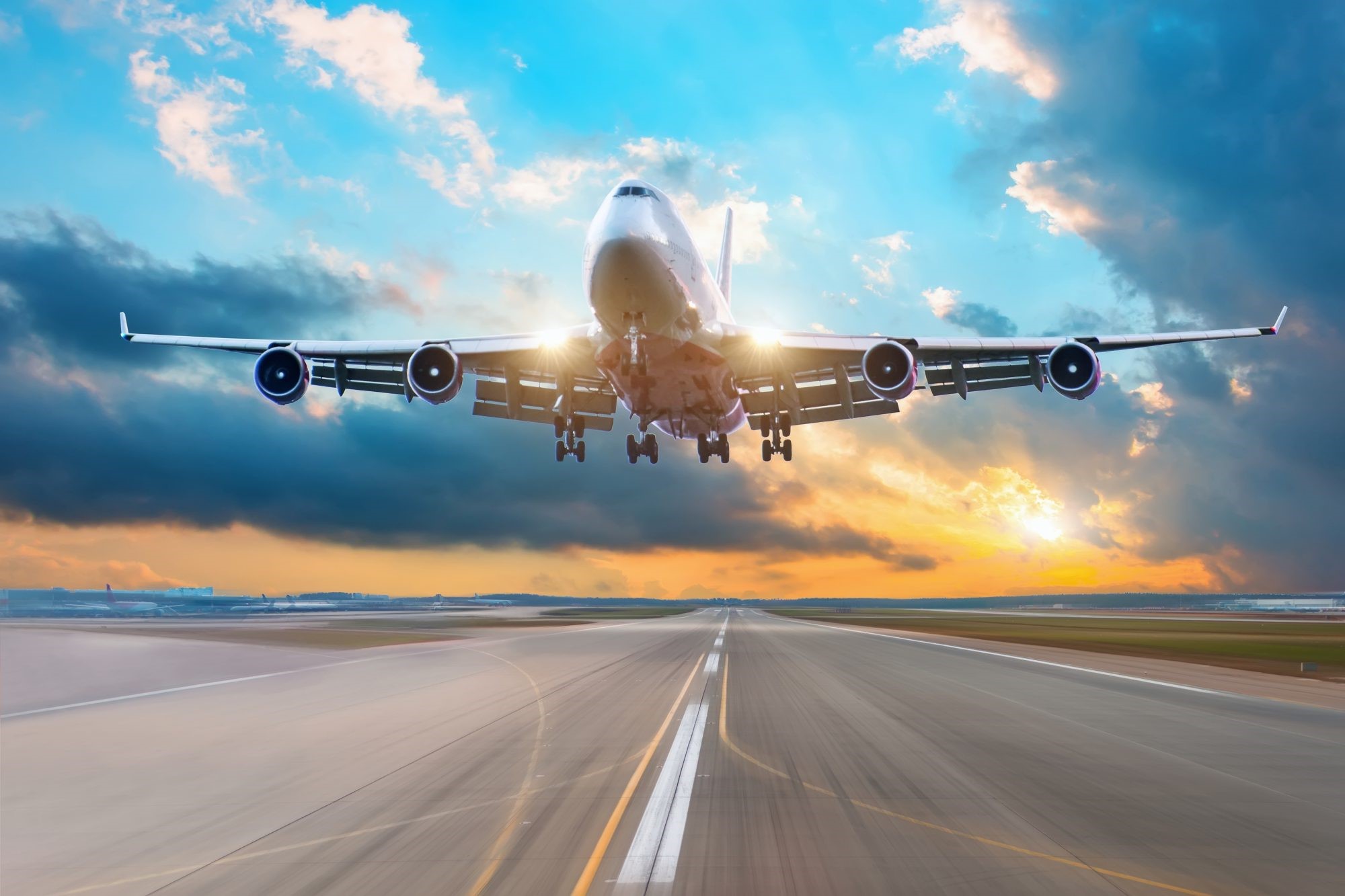
How is the aviation sector performing today? The aviation sector is soaring high, showing resilience and adaptability in the face of challenges. Passenger numbers are climbing back to pre-pandemic levels, with airlines expanding routes and increasing flight frequencies. Technological advancements like more fuel-efficient aircraft and improved air traffic management systems are enhancing operational efficiency. Sustainability efforts are also taking off, with airlines investing in sustainable aviation fuels and carbon offset programs. Economic contributions from the aviation industry remain significant, supporting millions of jobs worldwide. Safety measures continue to evolve, ensuring passenger and crew well-being. Overall, the aviation sector is navigating through turbulence and heading towards a promising horizon.
Key Takeaways:
- Aviation has evolved from short, slow flights to fast, efficient travel. Innovations like lightweight materials and advanced engines have made air travel more environmentally friendly and economically impactful.
- The future of aviation is filled with exciting possibilities, including electric aircraft, urban air mobility, and supersonic travel. These advancements aim to reduce emissions, revolutionize travel, and enhance passenger experiences.
The Evolution of Aviation
Aviation has come a long way since the Wright brothers' first flight. Let's explore some fascinating facts about the aviation sector's performance over the years.
-
The first commercial flight took place in 1914, covering just 23 minutes from St. Petersburg to Tampa, Florida. This marked the beginning of commercial aviation.
-
By the 1950s, jet engines revolutionized air travel, making flights faster and more efficient. The Boeing 707, introduced in 1958, became the first successful commercial jetliner.
-
The Concorde, introduced in 1976, could fly at twice the speed of sound. It reduced transatlantic flight times to just over three hours, though it was retired in 2003 due to high costs and safety concerns.
Modern Aviation Technology
Technological advancements have significantly improved the aviation sector's performance. Here are some key developments:
-
Modern aircraft are designed with lightweight composite materials, reducing fuel consumption and increasing efficiency.
-
Advanced avionics systems enhance navigation, communication, and safety. These systems include GPS, autopilot, and weather radar.
-
The development of more efficient engines, such as the turbofan, has reduced fuel consumption and emissions, making air travel more environmentally friendly.
Safety and Security Measures
Safety and security are paramount in aviation. The industry has implemented numerous measures to ensure passenger safety:
-
The introduction of the black box, or flight data recorder, in the 1960s has been crucial in investigating accidents and improving safety protocols.
-
Enhanced airport security measures, including advanced screening technologies and stricter regulations, have been implemented since the 9/11 attacks.
-
The International Air Transport Association (IATA) sets global safety standards and conducts regular audits to ensure compliance.
Economic Impact of Aviation
The aviation sector plays a significant role in the global economy. Here are some facts highlighting its economic impact:
-
The aviation industry supports over 65 million jobs worldwide, including those in tourism, manufacturing, and airport operations.
-
Air transport contributes approximately $2.7 trillion to the global economy, accounting for 3.6% of the world's GDP.
-
Low-cost carriers have made air travel more accessible, leading to increased passenger numbers and economic growth in various regions.
Environmental Considerations
While aviation has many benefits, it also has environmental impacts. The industry is working to mitigate these effects:
-
Aviation accounts for about 2-3% of global CO2 emissions. Efforts are underway to develop more sustainable fuels and technologies.
-
Airlines are investing in newer, more fuel-efficient aircraft to reduce their carbon footprint. The Airbus A350 and Boeing 787 are examples of such advancements.
-
The industry is exploring alternative fuels, such as biofuels and hydrogen, to reduce reliance on fossil fuels and lower emissions.
Future of Aviation
The future of aviation looks promising, with ongoing innovations and improvements. Here are some exciting developments to watch for:
-
Electric aircraft are being developed to reduce emissions and noise pollution. Companies like Eviation and Pipistrel are leading the way in this field.
-
Urban air mobility, including flying taxis and drones, is expected to revolutionize short-distance travel and logistics.
-
Supersonic travel is making a comeback, with companies like Boom Supersonic working on new aircraft that could halve flight times.
-
The use of artificial intelligence and machine learning in aviation is enhancing predictive maintenance, optimizing flight routes, and improving passenger experiences.
Final Thoughts on Aviation Sector Performance
Aviation's impact on our world is undeniable. From connecting distant places to driving economic growth, the sector's performance is a key indicator of global progress. Understanding the facts about aviation helps us appreciate its complexities and contributions. The industry's resilience, innovation, and adaptability are evident in its ability to overcome challenges and continue evolving. Whether it's advancements in technology, improvements in safety, or efforts to reduce environmental impact, aviation remains a dynamic field. By staying informed about these developments, we can better understand the forces shaping our world. The next time you board a plane or see one soaring above, remember the intricate web of factors that make air travel possible. The aviation sector's performance is a testament to human ingenuity and the relentless pursuit of progress.
Frequently Asked Questions
Was this page helpful?
Our commitment to delivering trustworthy and engaging content is at the heart of what we do. Each fact on our site is contributed by real users like you, bringing a wealth of diverse insights and information. To ensure the highest standards of accuracy and reliability, our dedicated editors meticulously review each submission. This process guarantees that the facts we share are not only fascinating but also credible. Trust in our commitment to quality and authenticity as you explore and learn with us.


